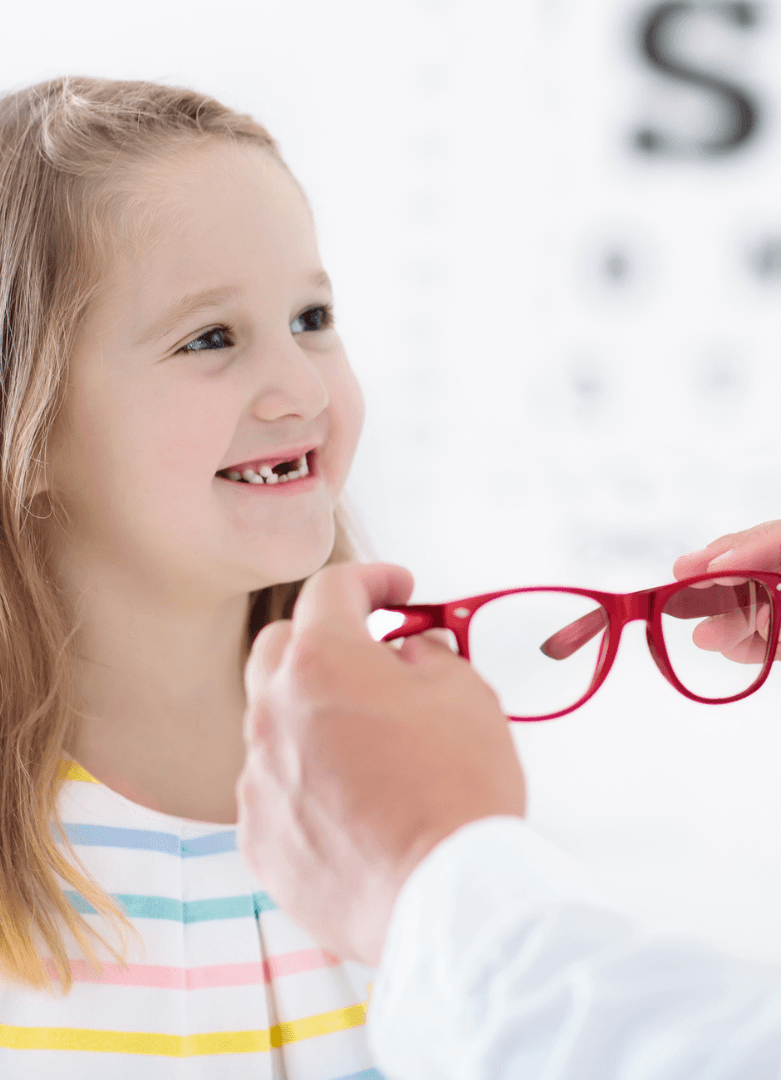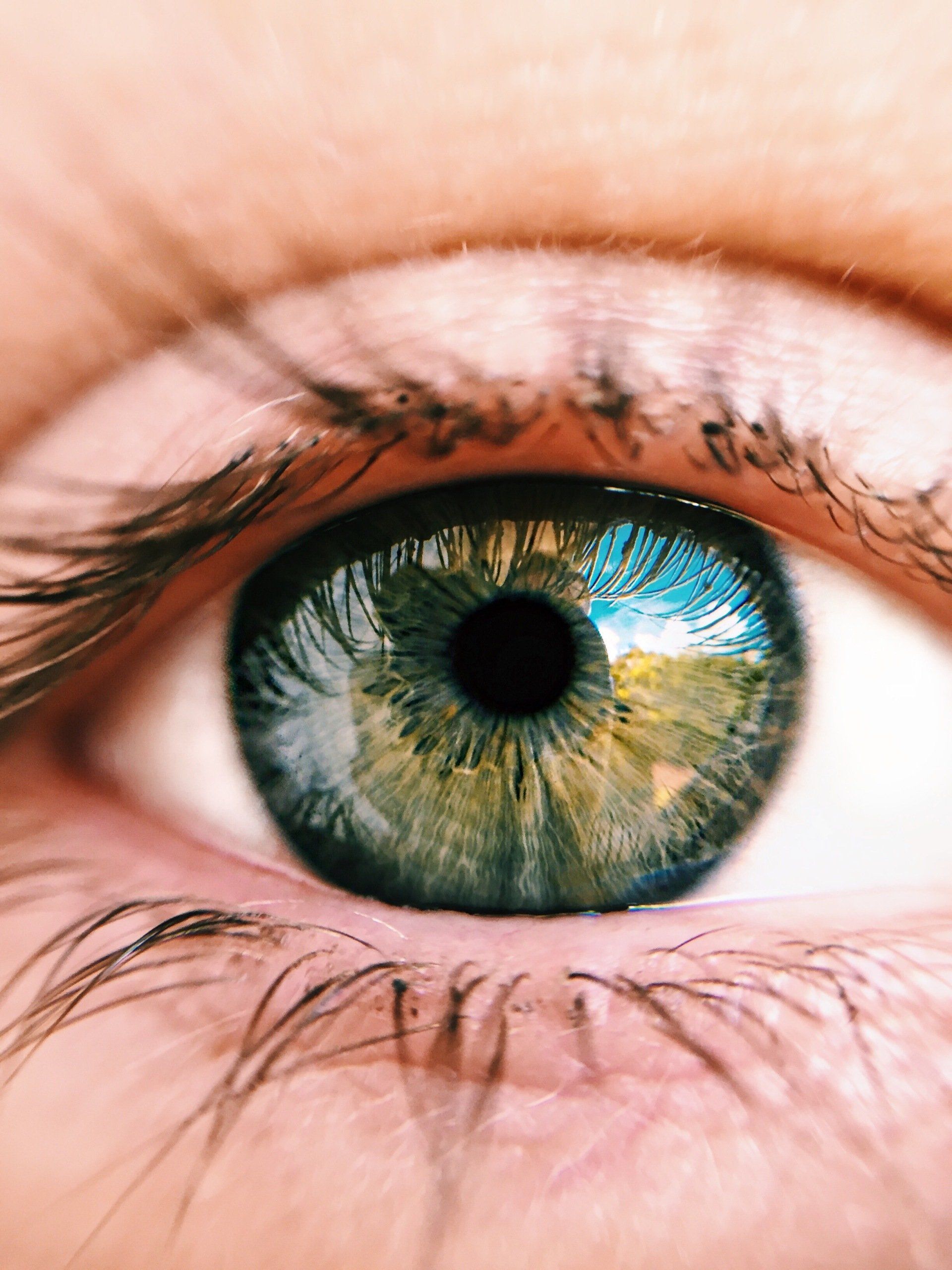5 Signs Your Child Might Need an Eye Exam
Any parent can tell you that communicating with their small children can be equal parts beautiful and baffling. In one moment they’ll be breathlessly recounting their heartrendingly adorable encounter with a puppy dog on the way home from school and in the next be in the throes of a full-on meltdown because said puppy was brown and not black.
Communication with the kiddos can become pretty confusing for adults pretty quickly, so when it comes to our
children’s vision and eye health, how do we parse out their actual needs? In the interest of helping parents recognize vision issues in their children, here are five signs that your child might need an eye exam.

Underlying health conditions
Many health conditions such as type 1 diabetes, measles, conjunctivitis, and premature birth can cause vision problems in children. If your child has had any serious illness at a young age, it’s a good idea to get their eyes checked regularly.
Difficulty in school
Affected academic performance is one of the most common ways that childhood vision problems are discovered. If your child’s teacher has made remarks about their inability to pay attention in class or that they often seem lost during lessons, it could very well be the case that your child is having trouble seeing what’s going on around them in the classroom. Unfortunately, many children with poor vision do not understand the uniqueness of their situation and feel embarrassed that they’re not able to do what their classmates can and will opt to stay quiet about their difficulties. It’s important to let your child know that there’s nothing wrong with them and that a doctor can help.


Facial cues
Human beings are pretty resilient in our ability to find methods to adapt to our circumstances, and children are no different. If you notice that your child has been squinting to see indoors, tilting their heads while looking at something, or covering one of their eyes with a hand, these are all strong indications that they are having difficulty seeing. All of these actions are adaptations that children will perform in order to aid their vision, and if you notice them you should schedule an appointment with an optometrist as soon as possible.
Moving very close to media
Pay attention to your child’s behavior when they are watching TV, reading a book, or playing on a tablet. Though many children will naturally gravitate closer to things they find interesting, if you notice that your child essentially has their nose pressed to the screen in order to see what’s going on, an eye exam is in order.

Listen to what your child says
This brings us back to our initial point about how it can be difficult for parents to understand their children at times. It’s important for parents to know that children often lack the words to properly articulate their feelings and experiences. Where an adult might have no trouble at all explaining that they have blurry patches in their field of vision or that their vision is fuzzy in one eye, but not in the other, many children simply have not learned the necessary vocabulary to express their vision issues. They may not even realize that they have vision problems in the first place and assume that everyone sees the world the same as they do. Listen to them if they complain of
frequent headaches as this is a common symptom of issues with vision. If your child tells you that they cannot see something, take them seriously and schedule an eye examination.
As a parent, you have your plate full, and it can be challenging at times to understand what is going through your child’s mind, but if you notice any of the signs of vision impairment we’ve listed above please make an appointment with your doctor as soon as possible. If you have any further questions about vision conditions in children, please don’t hesitate to reach out to us here at Chicago Vision Club.




















CONTACT US
LOCATION
Locatel Optical
4250 Philips Hwy, Jacksonville, FL 32207
(inside Walmart Vision Center)
All Rights Reserved | Dr. Jose Castillo
